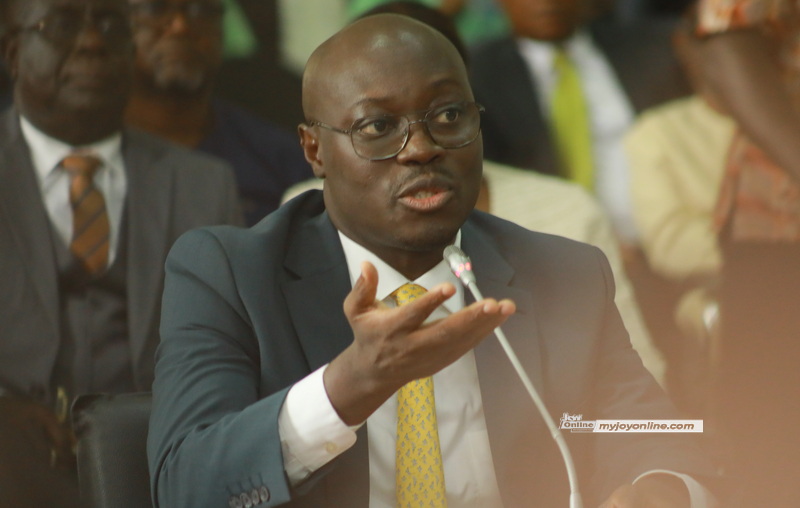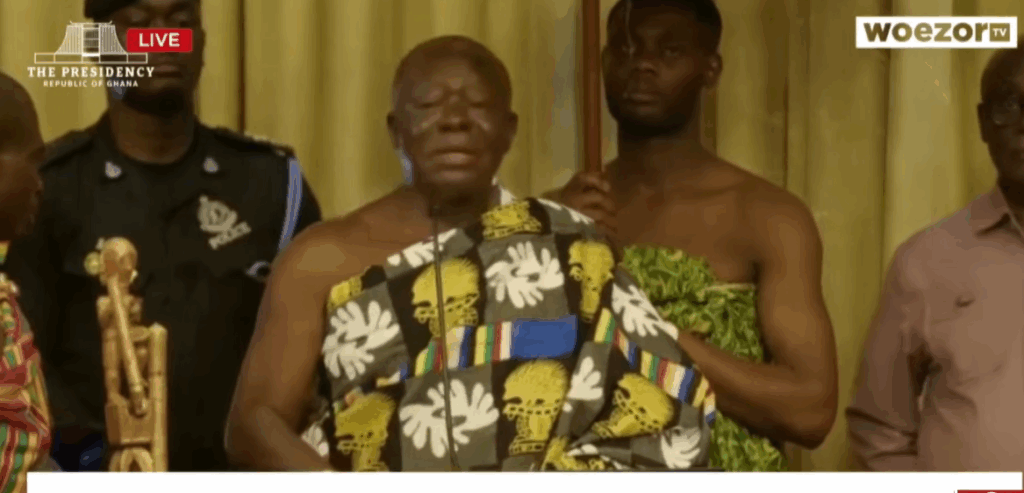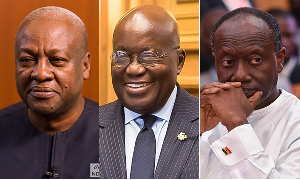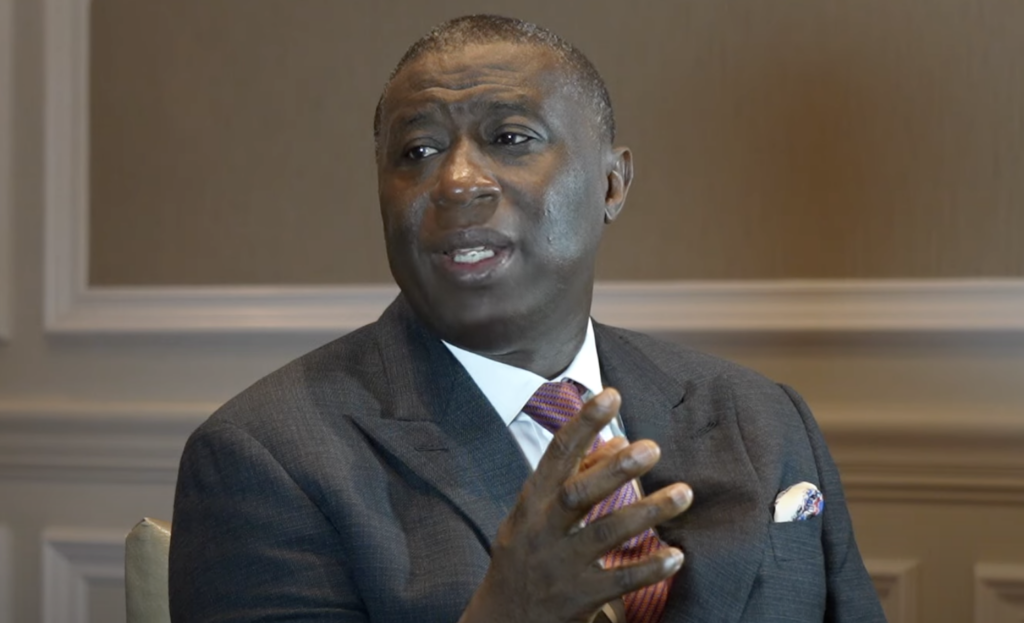The Ghana National Chamber of Commerce and Industry (GNCCI) calls for pro-business reforms and policies in the upcoming 2025 National Budget to support the country’s private sector. Immediate fiscal measures are essential to relieve the mounting pressures on Ghanaian businesses and ensure their continued growth and sustainability.
The private sector has experienced significant economic difficulties over the past decade due to lack of fiscal discipline, high fiscal liabilities from the financial and energy sectors, and expensive fiscal response to global shocks. Despite some of signs of recovery in 2024 mainly due to reduction in the impact of global shocks, government excessive spending which the IMF indicated grew faster than GDP resulted in increase economic pressures on the private sector.
These include excessive taxation and levies coupled with complex tax administration, high credit costs for the private sector, averaging 35 percent, the depreciation of the Ghanaian cedi, and high utility costs along with unreliable power supply.
In view of this the GNCCI calls on government to use the 2025 National Budget to initiate policies and incentives that simulate private sector growth as a launch platform to resetting the economy.
- We call for closer collaboration between the government and the GNCCI to ensure policies and tax reforms foster a business-friendly environment. The GNCCI is committed to working with the government to support its initiatives, in particular the 2024-hour economy agenda. The Chamber is therefore opened for further engagements and discussions.
- In addition to removing some of the existing excessive and inefficient taxes, such as the e-levy, COVID-19 levy, etc., GNCCI urge the government to also avoid introducing new taxes, particularly those that significantly affect production costs. We strongly call for fiscal discipline to reduce the tendencies of further crowding-out of the private sector given the already limited access and high cost of credit to local businesses. Government must reduce non-priority expenditure and properly rationalize foreign borrowing.
- As part of resetting the economy, GNCCI urge government to collaborate with the Central Bank to reduce the cost of borrowing which has remained chronically high compared to our comparators over the past half a decade as result of persistent high MPC rate. For long-term sustainable growth and stability of the exchange rate we call for a targeted spending and incentives to key export-oriented sectors such as agriculture and manufacturing. In the short-term we urge the government to put in place measures to bolster our forex reserves to strengthen the local currency as further depreciation would be very detrimental to the business environment.
- Last but not the least GNCCI strongly encourage foreign investors to consider investing in Ghana, capitalizing on the nation’s favourable economic prospects and the increasingly positive outlook for growth.
We take this opportunity to reaffirm GNCCI’s unwavering commitment to collaborating with and supporting the government in its efforts to create more jobs, promote accountability, and foster inclusive prosperity for all.
Thank you.
Signed
Mr. Stephane Miezan
President, Ghana National Chamber of Commerce and Industry
Email: info@ghanachamber.org
DISCLAIMER: The Views, Comments, Opinions, Contributions and Statements made by Readers and Contributors on this platform do not necessarily represent the views or policy of Multimedia Group Limited.






















